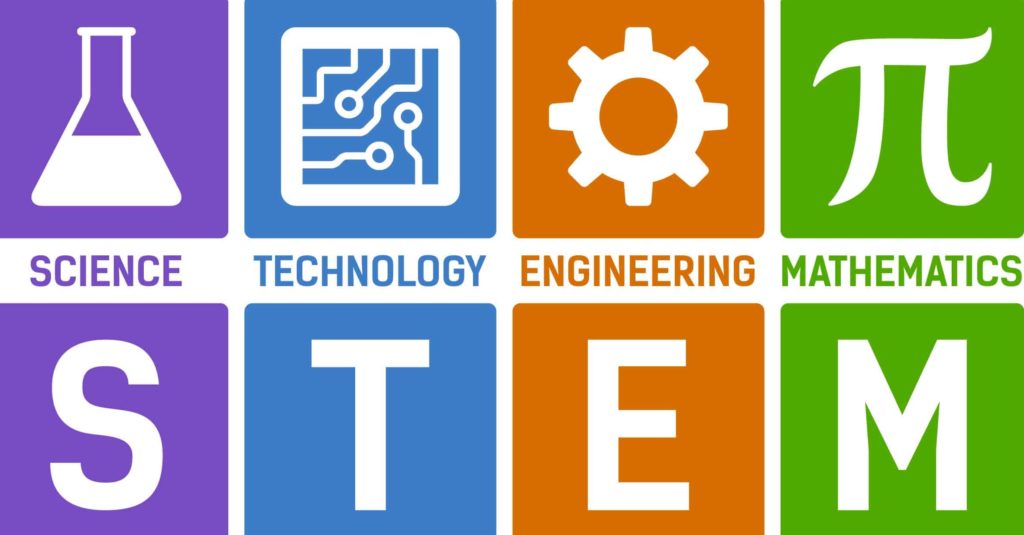 In prior articles, we’ve discussed a number of STEM careers in the aerospace industry as well as the impact UCF’s outgoing president, John Hitt, has had on a number of regional STEM-related industries. In this article, we will discuss the discipline of industrial engineering, what it is, what industrial engineers do, what industries they’re typically employed by, and their career outlook and salary projections for the future.
In prior articles, we’ve discussed a number of STEM careers in the aerospace industry as well as the impact UCF’s outgoing president, John Hitt, has had on a number of regional STEM-related industries. In this article, we will discuss the discipline of industrial engineering, what it is, what industrial engineers do, what industries they’re typically employed by, and their career outlook and salary projections for the future.
Industrial engineers are usually thought of as process engineers. They look to make things run smoother, eliminate waste, and save time and money by making processes more efficient. Industrial engineers tend to look for efficiencies within a process, whether it’s a supply chain, like getting raw materials to a manufacturer more quickly or sourcing materials from closer locations, or automating and optimizing manufacturing processes like consolidating steps or changing when a particular step or process is performed during manufacturing. For example, should a car manufacturer put the wheels on the chassis at the beginning of the assembly line or at the end of the assembly line once the body panels and drivetrain have been installed? When should the seats be installed? These are the types of questions and problems an industrial engineer is tasked with.
Industrial engineers are employed by a wide array of companies and industries. Large manufacturing companies such as automakers, aerospace companies, and consumer products manufacturers employ many industrial engineers. Companies with complex logistics and supply chains such as Amazon, UPS and Home Depot no doubt employ many industrial engineers. Even companies that might not seem like they employ many industrial engineers in fact do. For example, theme park operators such as Disney employ industrial engineers to optimize the flow of their theme parks, lines at rides, and channeling people through the parks in an efficient manner.
So, how does one become an industrial engineer? Universities offer traditional bachelor’s, master’s, and doctorate degrees in industrial and systems engineering. Doctoral candidates will usually go into an academic or research setting to study new processes, techniques, theories, and principles of industrial engineering, but not quite practice it in the same manner that a bachelor’s- or master’s-level practitioner will. Some of the best schools for industrial engineering are the traditional powerhouse engineering schools such as Georgia Tech, Michigan, UC Berkeley, Purdue, Virginia Tech, Stanford, and MIT. Schools in Florida with an industrial engineering program include UCF, UF, FSU, FAMU, USF, and others.
High school students interested in the field are encouraged to connect with faculty and staff in engineering departments and learn more about what programs they offer. Industrial engineers analyze lots of data to quantify the improvements and savings from their proposed processes, changes and optimizations. A strong quantitative foundation and inclination on the part of the student will be necessary. According to the U.S. Department of Labor, industrial engineering is the third most popular engineering discipline, constituting approximately 17% of engineers. Median starting salaries for engineers with 0-5 years of experience is a healthy $62,000 with steady growth into the $75,000 range by the 5-10 year mark and increases there on. Those with advanced degrees are usually able to garner about a 25% premium over bachelor’s degree engineers, which earns them a starting salary of $77,000 with a master’s and approximately $100,000 with a Ph.D. The median income for an industrial engineer in the U.S. is $83,000.
Industrial engineering is an engaging and in-demand career field. High school students should investigate the field to better understand exactly what a day in the life of an industrial engineer looks like and use that to decide where to pursue their collegiate education. Once they are in school, they should try to get involved with research that professors are conducting as well as seek internships that usually lead to career opportunities. Graduate admissions will be competitive, so undergraduates with a desire to pursue graduate education should keep their grades up and study extensively for graduate admissions exams.
At EduCoach, we help students discover STEM fields and help guide students through the education and career process. For more information, visit EduCoachOrlando.com.



